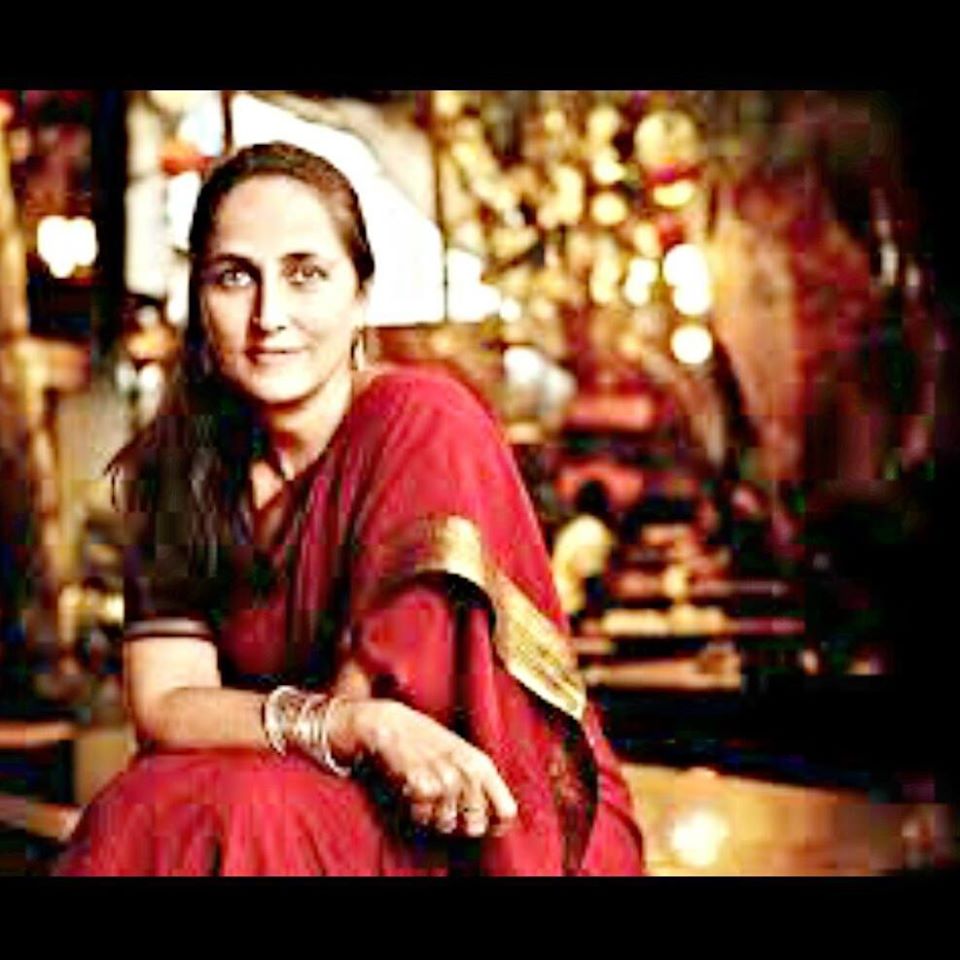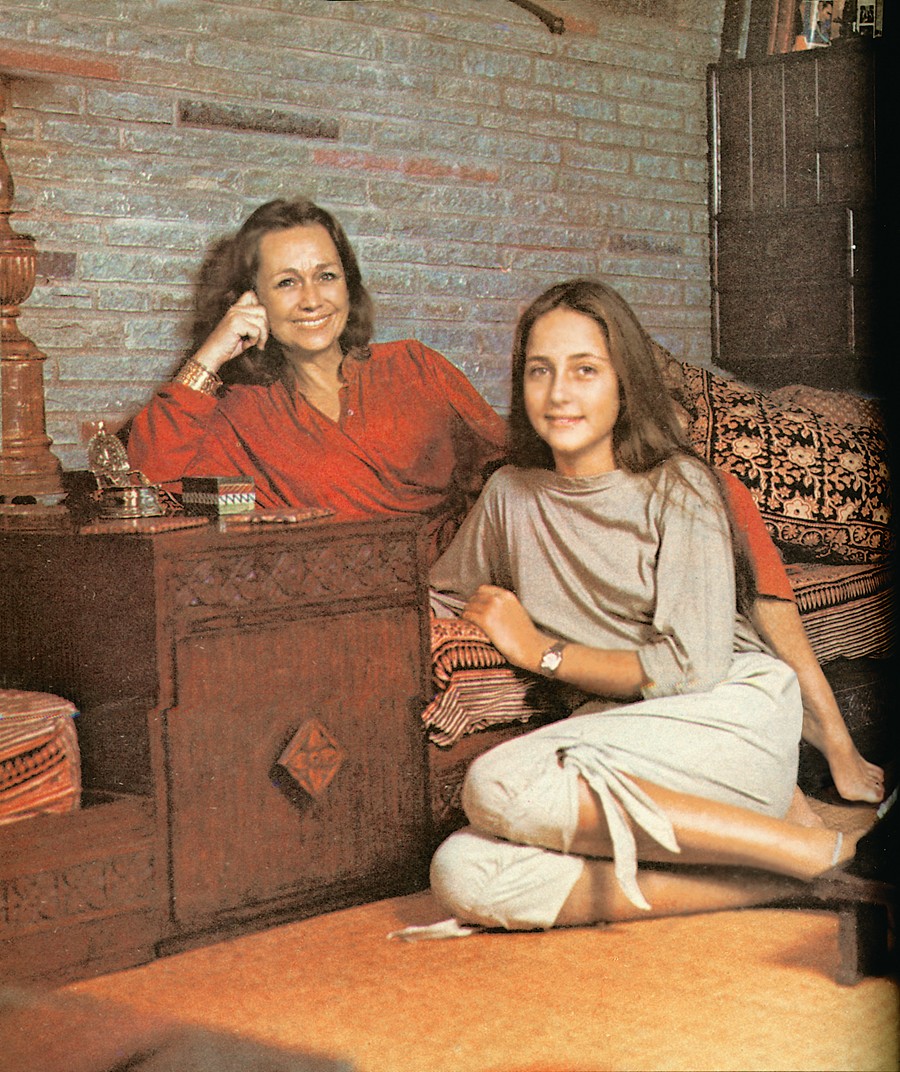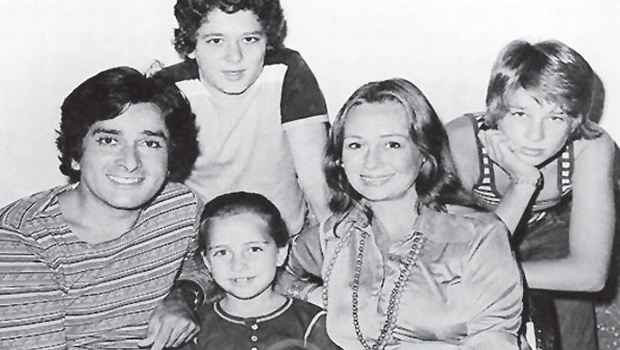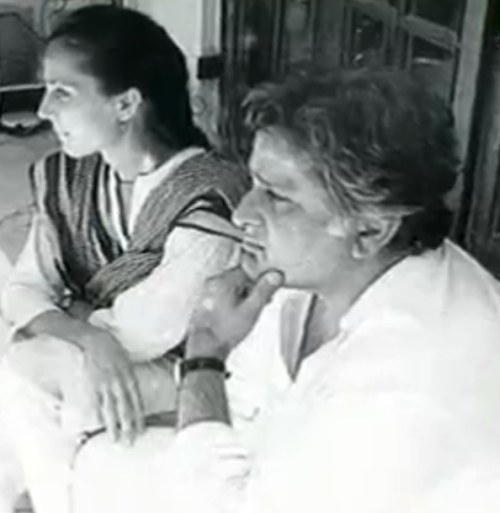Sanjna Kapoor was about 10 when she shot the horrific church massacre scene with her grandfather Geoffrey Kendal in Shyam Benegal’s Junoon (1978). The film was produced by her father’s production company Film Valas. She also appeared as her mother’s childhood reverie in another family production, 36 Chowringhee Lane (1981). But the biggest ever family production she was a part of was the iconic Prithvi theatre. It is natural then that when she became one of the forces behind a new theatre initiative, she would infuse a bit of her legacy in it. And call it Junoon: A Stage for Theatre. But this she insists is her way of learning, “how to create institutions that live beyond the founder or personality or family. I hope to see this happening with Junoon though it is still a work in progress.”
She is also going to be a part of SMART: A Strategic Management in the Art of Theatre, a capacity building programme for theatre makers in three phases, the first one of which will unfold from January 17 to January 26, 2015, as a residential course at Fireflies, Bangalore.
Though conceptualised and implemented by the India Theatre Forum (ITF), the programme will be managed by Junoon and India Foundation for the Arts(IFA).
Magical beginnings of Prithvi
Sanjna thinks Prithvi was a great learning ground and knows today in retrospect that theatre needs strategy and not just passion to survive. Says she, “At Prithvi, the challenge was of course always having to look for money! And that was soul sapping. But also human resource management was a huge challenge — finding people who were happy to do the grunge, behind the scenes work. I have a very different view of fund-raising opportunities today.”
A comprehensive theatre management course may just be the answer to all the questions that companies and individuals face, she thinks.
Her ambitions, she concedes, grew beyond Prithvi but her memories of its inception are still green and glorious. She laughs, “I was 10 when Prithvi opened. All I remember of the first show in 1978 with Naseer and Om is the lovely comfort of falling asleep on the back seats. Some of the magical moments I recall are always of Naseer on stage, Mahindra Joshi’s plays Thathaiya and Khelaiya, Satish Alekar’s Mahanirvan, Bhakti Bharve’s performances and Makarand Deshpande’s performances.”
One of her favourite memories of that time is standing in her favourite denim skirt with her feet planted on the earth where Prithvi’s stage is today, poring over the architectural plans with her mother Jennifer Kapoor. She laughs, “For the longest time, I believed it was my mother’s idea to build Prithvi because she did all the hard work while my father footed the bills and came to the site occasionally to threw a googly like, ‘But I want the place to be air-conditioned!'”
It was years after her mother’s death that Sanjna’s aunt Felicity Kendal in her 1998 biography White Cargo, shared a letter by Jennifer that said, “Shashi has gone mad! He wants to build a theatre!”
Sanjna says with palpable emotion, “The building came up from nothing. It was a magical time.” Before she passed away in 1984, Jennifer made Prithvi her baby, giving it the energy it is known for today.
Geoffrey Kendal, the Shakespeare wala
So yes, the love for theatre runs in her veins and Sanjna exults when reminded of Geoffrey Kendal. “He is my hero. He was an incredibly adventurous man for having the courage to run a travelling theatre company (Shakespeareana), to live always on his terms, to make theatre his life and not give it up for anything ‘steady.’ It was when his daughters grew up that my grandparents had a home of their own. His biggest joy was to share his world with his grandchildren and the world. My instincts about life and work come from this world I grew up in.”
Sanjna laughs at the memory of her tireless grandfather learning Surya Namaskar in his 60s from a blonde yoga teacher at a luxury liner much to the discomfort of his wife! Later Shashi Kapoor became an intrinsic part of the life that the Kendals lived. As did Sanjna who starred in many plays and remembers being told by Geoffrey, “Don’t underline the meaning of Shakespeare as an actor. Just dive in.”
In the 80s, he also directed her in Patrick Hamilton’s darkly intense play Gaslight. She shares,”I was producing Gaslight and also playing the lead…and was completely awkward with my body. After the first performance someone asked my grandfather, ‘So what did you think of your granddaughter?’ And he said, “she is toooo long!”
Apart from the love for theatre, the family, says Sanjna, shared a passion for fiery arguments, quick congeniality and a quirky, historic hotel in Kolkata. Says she, “My grandparents always stayed at Fairlawn Hotel in Kolkata and so did my father. The waiters there date back to four generations and still ask me when I visit, ‘So how is Shashi baba?’ For them, he is still a 19-year-old boy!”
Shashi Kapoor and Prithvi
After Jennifer Kapoor’s death, Shashi Kapoor remained a guiding light for Prithvi.
Says Sanjna, “He was an active managing trustee, giving us feedback, attending summer workshops for over 20 years. I miss his presence at Prithvi hugely because over the last few years, he has not been able to make it. His involvement has been ebbing away with his poor health. He still sits in the Cafe every now and then in the evenings and enjoys the atmosphere and his coffee.”
Theatre beyond performing spaces
With time, Sanjna’s support for theatre initiatives even beyond Prithvi has grown to be unconditional and lasting. She recalls celebrating the opening of Bangalore’s very own Ranga Shankara in 2005 with quiet tears.
She says, “I cried because I was moved by B Jayashree’s performance. I cried because it was Prithvi’s 25th anniversary and also because even after so much time, there was only one Prithvi in Mumbai and not 10 more. I was at the opening of Jagriti too. I love crazy, passionate people like Arundhati (Nag) and the Rajas who put their neck on line. With no support, they dared to build something that is not just brick and mortar, knowing very well that this is a tough, bloody road.”
She adds that the future of theatre does not need ‘white elephant’ performance spaces but ‘little gems’ like Ranga Shankara, Jagriti, Studio Safdar in Delhi, that bring neighbourhoods alive with their creative energy.
The life of theatre she says is delicious, though the exciting era of travelling repertories like the one helmed by the Kendals is over.
With Junoon, she hopes to take theatre beyond performance spaces to schools, to people who have never tasted live performances.
She may not have a travelling repertory like Geoffrey Kendal but like him, she is travelling too, far and wide with her dream to make theatre accessible to everyone.
Reema Moudgil works for The New Indian Express, Bangalore, is the author of Perfect Eight, the editor of Chicken Soup for the Soul-Indian Women, an artist, a former RJ and a mother. She dreams of a cottage of her own that opens to a garden and where she can write more books, paint, listen to music and just be.
If you like this, you might also like:










 with
with